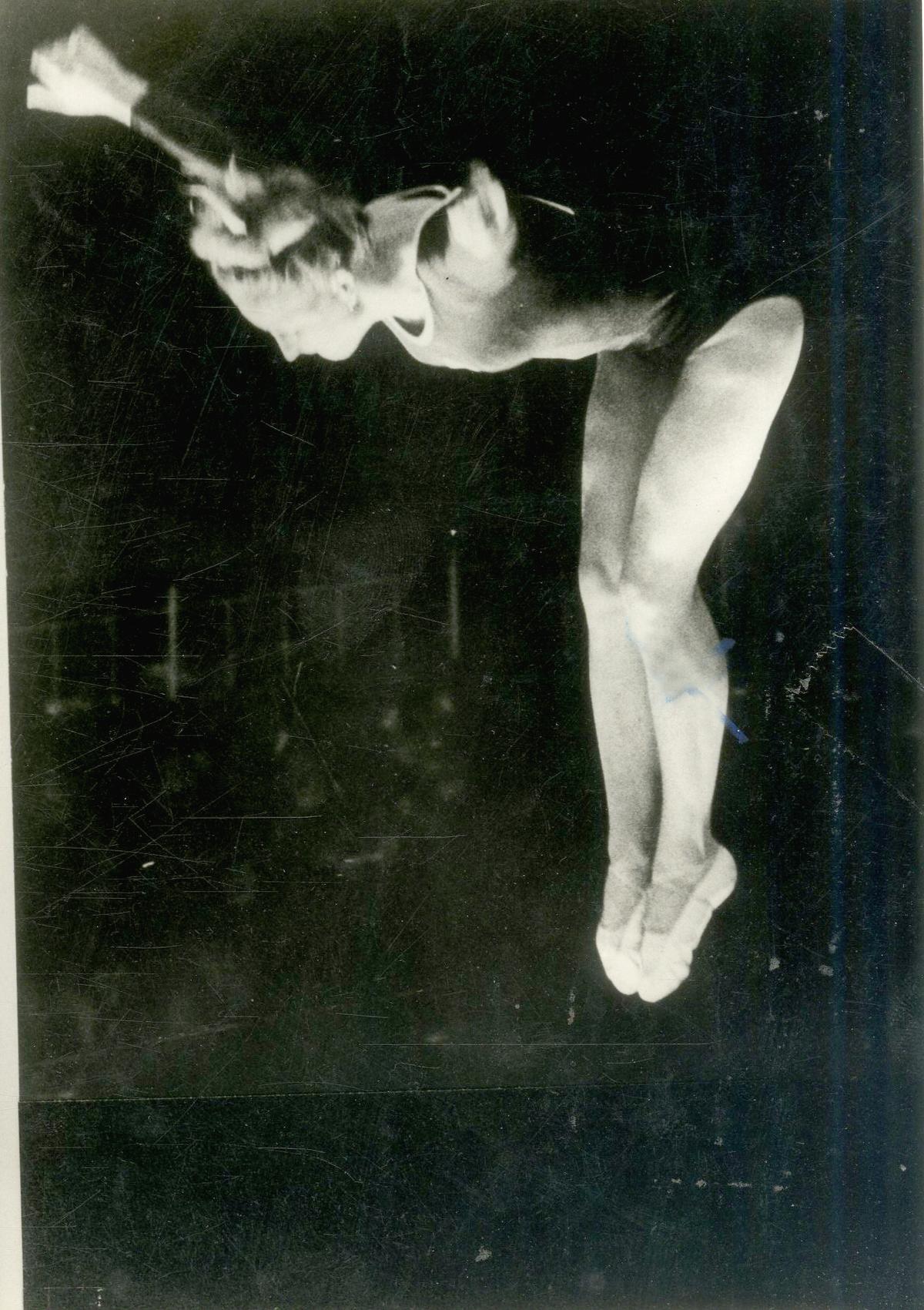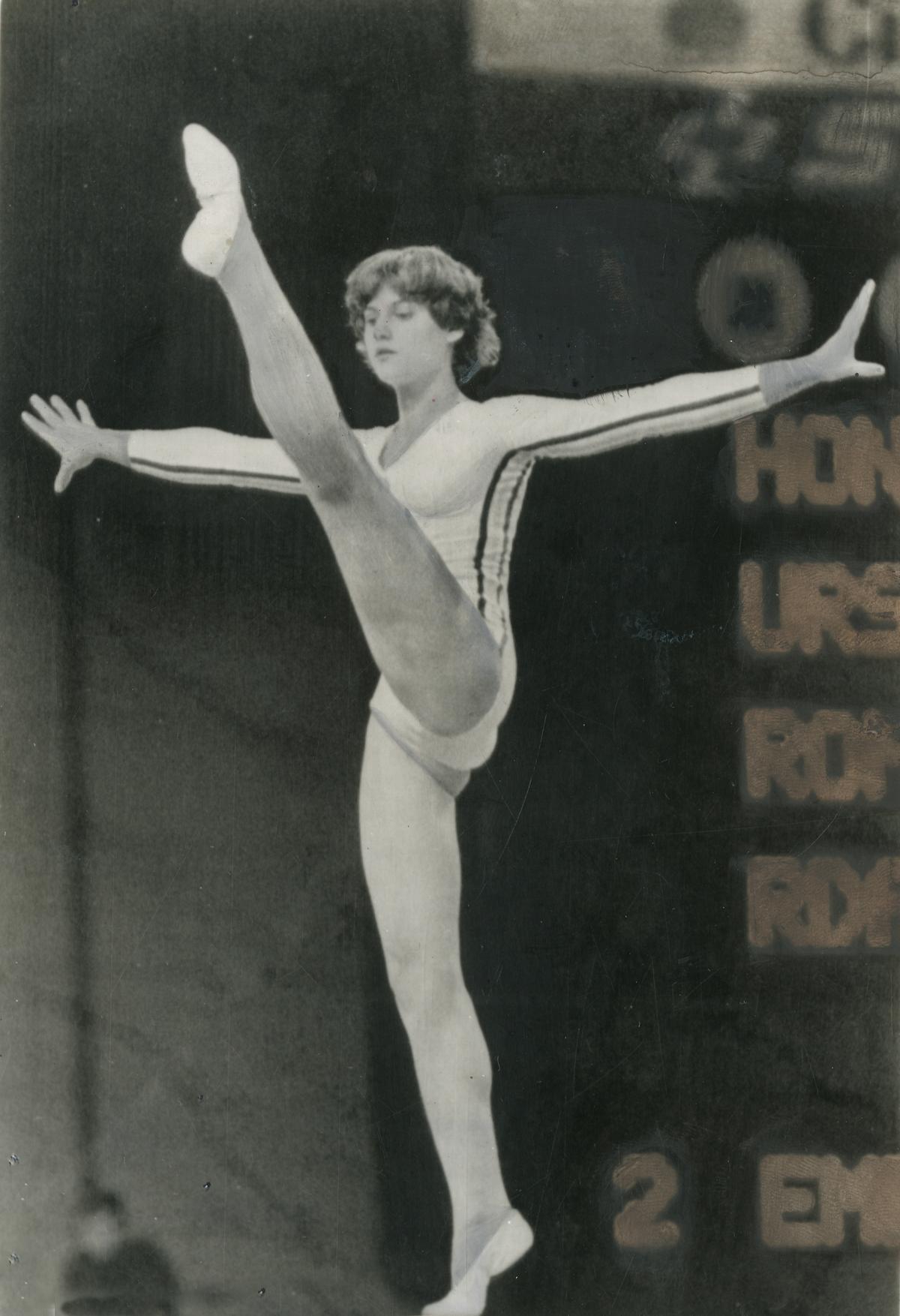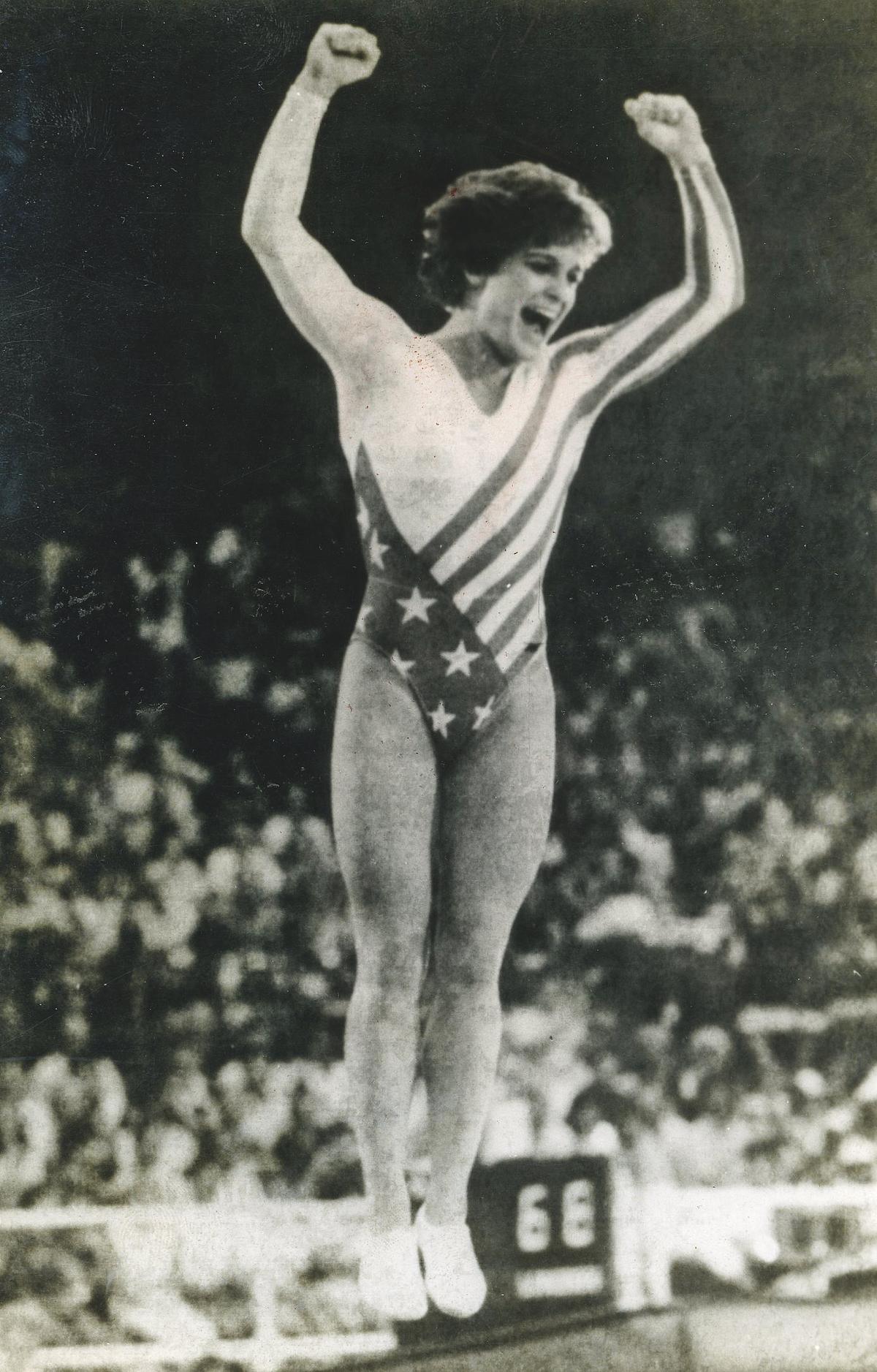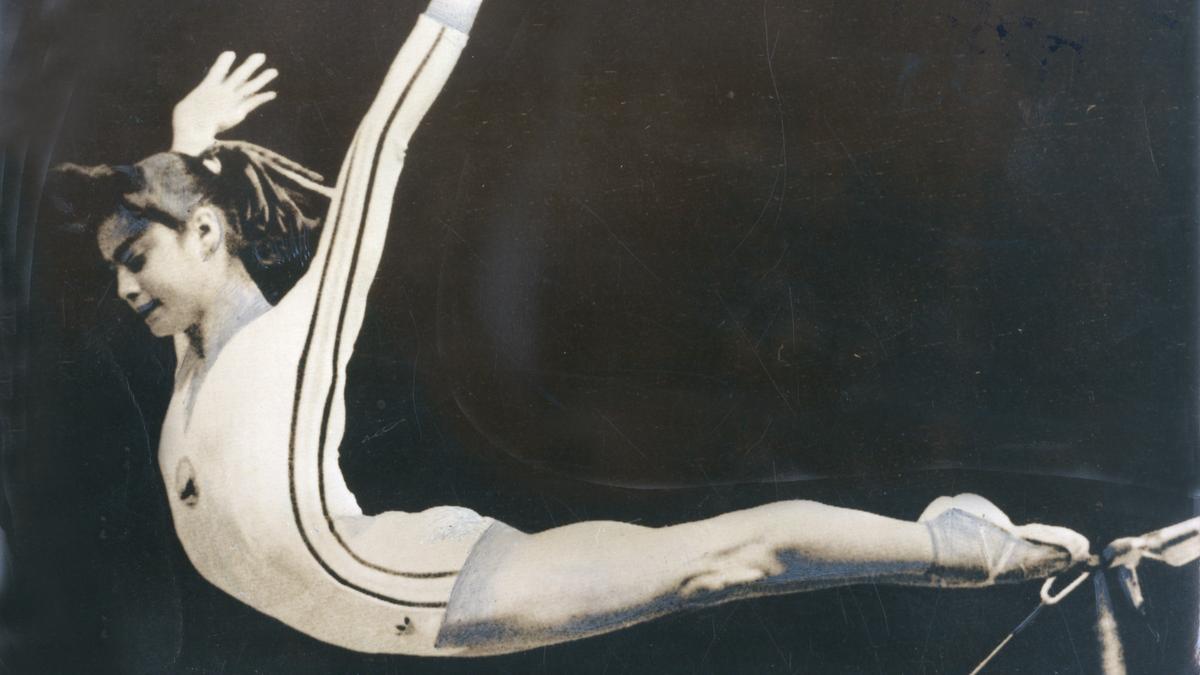From Nadia Comaneci’s introduction to a Bulgarian surge: Big upsets in Olympic gymnastics
In Olympics, gymnastics is one such discipline where the glory keeps changing hands with each edition. While an athlete like Simone Biles may be an aberration with her consistency, Olympics often witnesses many surprises.
Surprises to some, upsets to others.
Here are some of the major upsets in gymnastics in the history of Olympics:
Paul Hamm’s rise from a fall (2004)
A judge reaches out to help Paul Hamm, of the United States, after he fell on the landing of his vault during the men’s gymnastics individual all-around final at the 2004 Olympic Games in Athens.
| Photo Credit:
AP
A judge reaches out to help Paul Hamm, of the United States, after he fell on the landing of his vault during the men’s gymnastics individual all-around final at the 2004 Olympic Games in Athens.
| Photo Credit:
AP
One cannot ignore American gymnast Paul Hamm when talking about comebacks.
In the 2004 Olympics in Athens, Hamm had a strong start in the all-around event and was one of the favourites to win gold, having clinched the 2003 World title. However, things took a turn for the worse when he suffered a bad fall on the vault, dropping him to 12th place in the standings. Despite this setback, the defending world champion persevered, and coupled with mistakes from others, he managed to climb back to the top and ultimately win the gold medal.
READ | Top five moments in gymnastics from Tokyo Olympics
However, Hamm’s path to gold was not without controversy. The authorities deemed a 0.100-point scoring error — the difference between gold and bronze — had not been awarded to the eventual bronze medallist, Yang Tae Young of South Korea, due to technical issues with the judging. While the judges involved were suspended for their questionable scoring, Hamm did not have his gold medal revoked.
Vera Caslavksa beating Larisa Latynina (1964)

Czechoslovakia’s Vera Caslavska in action.
| Photo Credit:
THE HINDU ARCHIVES
Czechoslovakia’s Vera Caslavska in action.
| Photo Credit:
THE HINDU ARCHIVES
Less of an upset, more of a passing-the-baton moment.
Coming into the 1964 Tokyo Olympics while being in the form of her life, erstwhile Czechoslovakia’s Vera Caslavska usurped the all-around throne from defending champion Larisa Latynina of Soviet Union – the most prolific female gymnast with 18 medals.
Nadia Comaneci, a young juggernaut (1976)

Roumanian gymnast Nadia Comaneci in action.
| Photo Credit:
THE HINDU ARCHIVES
Roumanian gymnast Nadia Comaneci in action.
| Photo Credit:
THE HINDU ARCHIVES
The 1976 Montreal Olympics was the year of a 14-year-old Romanian: Nadia Comaneci. The teen took the gymnastics floor by fire after brushing past veterans like Lyudmila Turishcheva and Olga Korbut aside with ease.
Moreover, Comaneci became the first gymnast ever to score the perfect score of 10.0 at the Olympics. The youngster clinched five medals in that edition, which included the all-around gold.
Mary Lou Retton beating the ‘next Nadia’ (1984)

Mary Lou Retton leaps in the air after scoring a perfect 10 on the vault in her final routine to win the women’s all-around gymnastics gold medal at the Olympics in Los Angeles on August 04, 1984.
| Photo Credit:
THE HINDU ARCHIVES
Mary Lou Retton leaps in the air after scoring a perfect 10 on the vault in her final routine to win the women’s all-around gymnastics gold medal at the Olympics in Los Angeles on August 04, 1984.
| Photo Credit:
THE HINDU ARCHIVES
Ecaterina Szabo, hailing from Romania, was once dubbed as Nadia Comaneci’s successor.
She was the favourite to clinch the all-around gold in the 1984 Los Angeles Olympics, but she wasn’t aware of a certain 16-year-old American who would ruin the Romanian’s hopes of reaching the summit.
Mary Lou Retton, at her first major competition, narrowly defeated Szabo by a margin of 0.05 points to take the all-around gold.
Second to Bulgaria (2020)
FILE PHOTO: Boryana Kaleyn of Bulgaria in action with ribbon.
| Photo Credit:
REUTERS
FILE PHOTO: Boryana Kaleyn of Bulgaria in action with ribbon.
| Photo Credit:
REUTERS
Russia has been the most dominant country when it comes to rhythmic gymnastics. However, the Tokyo 2020 edition saw a major upset in the form of the Bulgarians.
Bulgaria pipped the Russians in both the all-around individual and group finals to clinch two gold medals.



